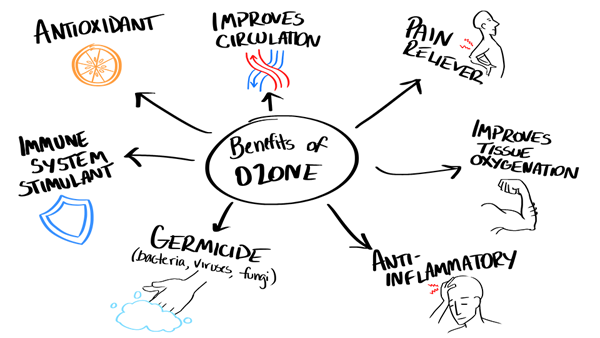Guarding family members from effects of smoking

Guarding family members from effects of smoking is only the beginning
Guarding family members from effects of smoking: How does my smoking impact on others?
Guarding family members from the effects of smoking is a worthy concern since even the effect of secondary smoke is equally dangerous for health. According to the experts at AWAREmed Health and Wellness Resource Center, the major way through which smoking hurts non-smokers is by inhaling the secondhand smoke. Secondhand smoke is the combination of smoke that comes from your cigarette and smoke you breathe out while smoking. Breathing in any amount of secondhand smoke is dangerous. Take for instance the dangers you are exposing your wife to by kissing, what about holding your three month old baby while smoking? Has it ever occurred to you of the magnitude of the problem you are bringing to your entire household by your smoking habits? Professionally doctor Akoury states categorically that the one and only best way to protect your family from secondhand smoke is to quit smoking.
Guarding family members from effects of smoking: What are the health effects of secondhand smoke?
To the adults – being subjected to inhaling of secondhand smoke over a period time can cause a number of health problems for non-smokers. Such victims of secondhand smoke are likely to suffer from the following health complications:
- Cancer
- Heart disease
- Breathing problems
- A harder time getting pregnant
- Colds and flu
- Irritated eyes, nose, and throat
If this is what secondhand smoke victims will go through, the question that now begs for an answer would be, how much more will the direct smoker suffer if they don’t quite?
To the pregnant Women and Children – Secondhand smoke is especially dangerous for pregnant women, babies, and children. Pregnant women who breathe in secondhand smoke over time are more likely to:
- Lose their babies
- Give birth to smaller and under weight babies
- Have their babies die prematurely due to the complications of SIDS (Sudden Infant Death Syndrome)
- Have babies who are cranky‚ restless‚ and get sick more often
- Have babies with both present and future learning problems
Besides the pregnant women, children who breathe in secondhand smoke over time are more likely to have:
- More severe asthma attacks from time to time
- Bronchitis, pneumonia, and other breathing problems
- Coughing and wheezing
- Ear and lung infections
Protect your family from effects of smoking: Other ways smoking impacts others
As a fun and an addict of smoking, you may not realize it, but the truth is that your smoking habits affect the people in your life in ways beyond their health. Remember that when you smoke, you may miss out on several things including:
- Spending time with your family and friends owing to the frequency with which you light your cigarette
- Having more money to spend on the people you love
- Setting a good example for your children. Did you know that children who are raised by smokers are more likely to become smokers themselves? You are most likely if not definitely going to lose your position of being a good role model for your children.
Finally nothing will ever come out of smoking no matter how best you defend it. You owe your family the duty of care and the time of quitting is now and not tomorrow. If you are experiencing any challenges, then seek audience with doctor Dalal Akoury for further professional guidance.
Guarding family members from effects of smoking: How does my smoking impact on others?
http://www.awaremednetwork.com/









